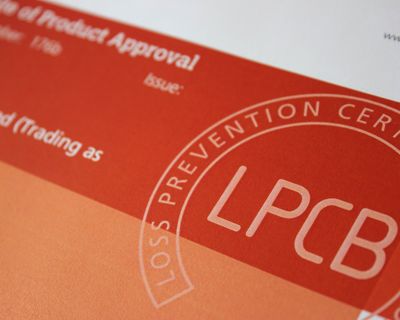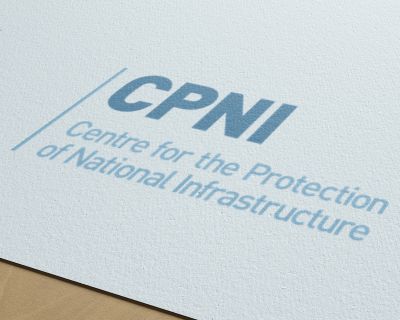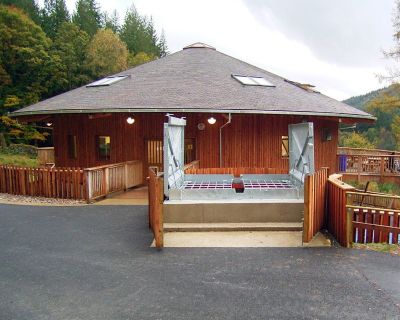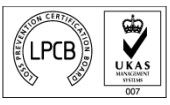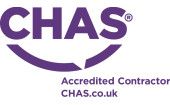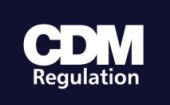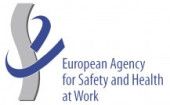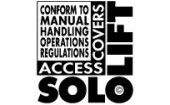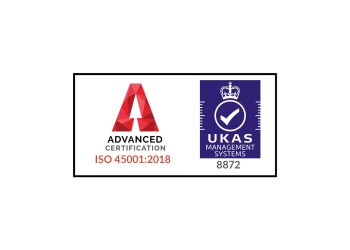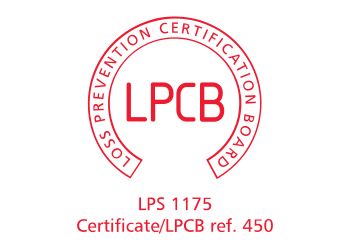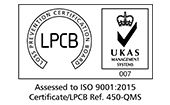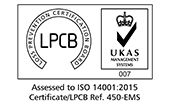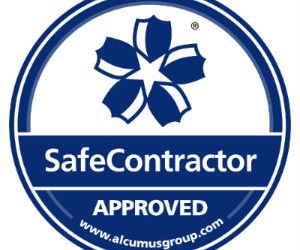Comment - Putting the Door into Adorable
Water, power, transport and other parts of the national infrastructure set the bar when it comes to securing assets, writes Michael Miles, director of Technocover.
 |
 |
 |
 |
 |
Their security remit covers the spectrum of risks: from theft, vandalism and misadventure to the severest threats – terrorism and espionage – as well as protecting assets in the event of natural disaster, such as flooding.
With government dictates on security as a major driver, national infrastructure industries have embraced the use of physical protection equipment certified to rigorous third party approval systems. These include LPCB (Loss Prevention Certification Board) certification, an internationally respected approval system gaining increasing status for huge security applications in all areas, from infrastructure and the public sector, to retail and commerce. LPCB approves façade elements, such as doors, shutters and grilles, to a robust dedicated standard, LPS 1175 (specification for testing and classifying the burglary resistance of building components, strong-points and security enclosures). A widely recognised strength of LPCB is that products are subject to on-going appraisal: approval is not just based on a one-off test of a sample design.
Comply
Through regular audits LPCB certification ensures that the product continues to comply with the regime’s prevailing standards and revisions. This assures the specifier and end-user that the product on the market embodies the exact design and quality as the product which was originally tested and approved. This cannot be said of products certificated through the testing – the test results are no guarantee that future products will provide equivalent performance. Another strength of test regime: it accounts for intellectual strategies that could be used to break through a product’s defence, as well as physical attack.
Government resting regimes, which are based on type tests, have been the traditional source of approval for high security equipment for infrastructure projects. Now, the benefits of LPCB’s on-going audit are being recognised, and it is gradually being endorsed within many sectors as an acceptable alternative.
Approval
These aspects of LPCB provide the basis of a sound and dependable security approval system. Not only is it trusted for the most demanding applications such as infrastructure, it also gives the experienced manufacturer scope to realise cost savings without compromising performance. A recent innovation from Technocover, the security and structural support specialist, provides a good example of this. The company launched the first security door to achieve testing and certification to LPS 1175 (issue 6) security rating 5 with a single rather than three-point locking device, providing a cost saving to end-users. The development is down the integrity of the LPCB testing regime and Technocovers particular design blueprint that has produced one of the most extensive ranges of LPCB approved security products./ these include LPCB access covers, door, cabinets, louvre vents, cylinder clamps enclosures and buildings serving sectors of the security market through the companies specialist brands, Technocover and TechnoRail and the considerable security portfolios offered. This demonstrates the importance of specifying doors and locks that have gained third party approval of security performance in combination, and not just as independent systems.
Door Options
In this case, Technocover’s LPCB 5 door and the particular design of single point lock used have created a unit that has stood up to LPCB Level 5 testing during the certification programme. It introduced the idea that three-point locking is not necessarily a pre-requisite for LPCB approval. In all, specifiers can choose from a possible 90 options forming part of the certification programme for the Sentinel UltraSecure LPCB Level 5 door. This is based on three door types – entry only, exit only, entry and exit – which will each be available with 30 ironmongery options (key and lever handle, solenoid, punch-pad, thumb-turn and lever, full width panic bar, etc). The single lever lock is also available on LPCB approved Level 3 and 4 doors.
Technocover are exhibiting at Counter Terror Expo 30th April – 1st May, 2014 Olympia, London – Stand B70
About the author:
Michael Miles is Managing Director of Technocover.
ENDS


